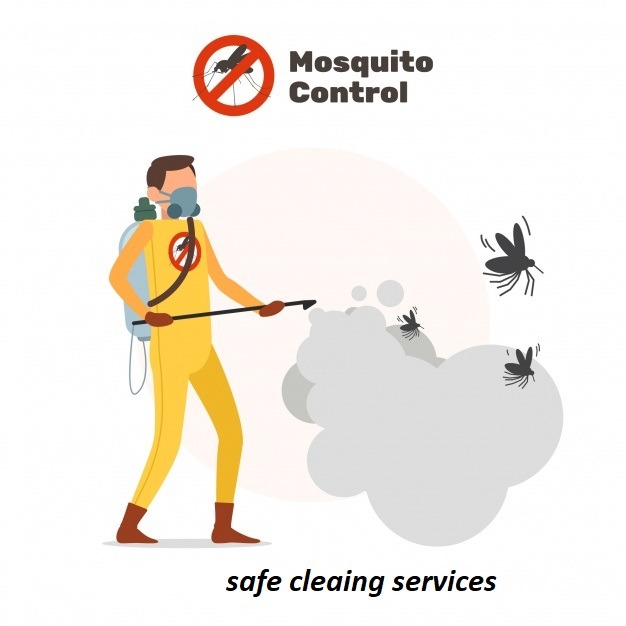Do you need pest control for Mosquito Control in Bangladesh?
There’s no denying it — Mosquito Control for most people in Bangladesh are one of life’s little annoyances. You’ve no doubt had more than a few past encounters with this whiny pest while on holiday in sunnier climes, and likely woken up to find the itchy welts left behind by their bites. With the necessary vaccinations and a healthy slathering of insect repellent, there’s usually little to worry about. Of course, for many people around the world, the mosquito is a far more sinister creature and numerous pest control methods are employed to keep them at bay. So whilst you may feel protected abroad, is pest control needed for mosquitoes in Bangladesh?
Bangladesh -Native Mosquitoes
Believe it or not, there are more than 3500 species of mosquito now known to us, and new varieties are being discovered on a regular basis. Of these, 34 are native to Bangladesh. Though several of these native species are capable of transmitting pathogens, cases of serious blood-borne diseases such as malaria, dengue fever, and yellow fever are very rare in Bangladesh. Indeed, the vast majority of reported cases were contracted while abroad.
Interesting Fact: Only female mosquitoes bite humans. This is because they require the protein to produce eggs. Males feed on nectar and other sweet things.
However, the combination of increasingly warm summers and high levels of rainfall in Britain is creating ideal breeding conditions for mosquitoes. As a result, prevalence has increased a great deal over the past decade or so, particularly in the southeast of England where hotter weather is more commonplace.
There has also been an increase in introductions of non-native and invasive mosquito species. Fears have been raised regarding the Asian tiger mosquito which has already reached 25 European countries and Asian countries are well-known for spreading Chikungunya, a sickness that causes severe joint pain, nausea, fatigue, and rashes.
How dangerous are Mosquitoes?
There is no denying that mosquitoes are dangerous. They are personally responsible for more than a million deaths each year, more than any other animal combined. Sadly, many of these deaths are easily preventable, but a lack of access to adequate pest control and repellents make poorer countries and rural communities more susceptible to infections caused by mosquitoes feeding on human blood.
As we’ve mentioned above, contracting serious diseases from mosquitoes in Bangladesh is highly unlikely, so it’s difficult to describe them as “dangerous” in this setting. “Very irritating” is perhaps more suitable.

Pest Control Methods for Mosquitoes
As with so many situations requiring pest control, prevention is better than reacting to the outcome.
Mosquitoes need still water in order to develop their caterpillars. Typically, they will choose ponds, lakes, marshes and water butts. However, they are just as likely to opt for any small quantity of stagnant water where they can breed unimpeded. You should seek to:
Get rid of any empty cans, cups, containers or unused plant pots on your property that tend to gather rainwater
Drill holes in the base of any recycling bins or containers that must be kept outside
Check gutters to ensure that water is draining properly and clear any blockages
Paddling pools should be bursting away or at the very least, overturned when not in use
Regularly change the water you put in birdbaths and wipe down the rim when you do so (we propose you use gloves as bird droppings can store here)
Mosquitoes will also use flora as shelter and food sources in the case of males. If you suspect your home is a viable breeding ground for mosquitoes, we would highly endorse you to spray pesticides on any plants near your property when the weather is warm. Be aware that most pesticides will only affect adult mosquitoes, so if eggs have already been laid, additional pest control methods will be required advanced on.
There are a variety of devices and sprays you can buy in shops that will help with mosquito control, but only a professional will be able to provide the specialist advice required to eradicate the most persistent incursions.
Mosquito checklist
When you decrease the chances of being bitten by mosquitoes, you greatly reduce the chances of frustration from mosquito bites, possible sensitive reactions and secondary contaminations from scrabbling. Below are some simple tips:
Indoor mosquito control: limit the opportunities for mosquitoes to type, by removing stagnant/standing water in plant pots, vases, etc… and install insect screens to windows and doors.
Outdoor mosquito control: check areas such as guttering for obstructions that could leave pools of stagnant water or dregs in watering cans, overwatered plant pots, outside pet water bowls, even paddling pools and drain away the standing water, cover water butts with tight-fitting lids to prevent mosquito larvae, if you have a pond try adding goldfish who will eat the mosquito maggots.


Recent Comments